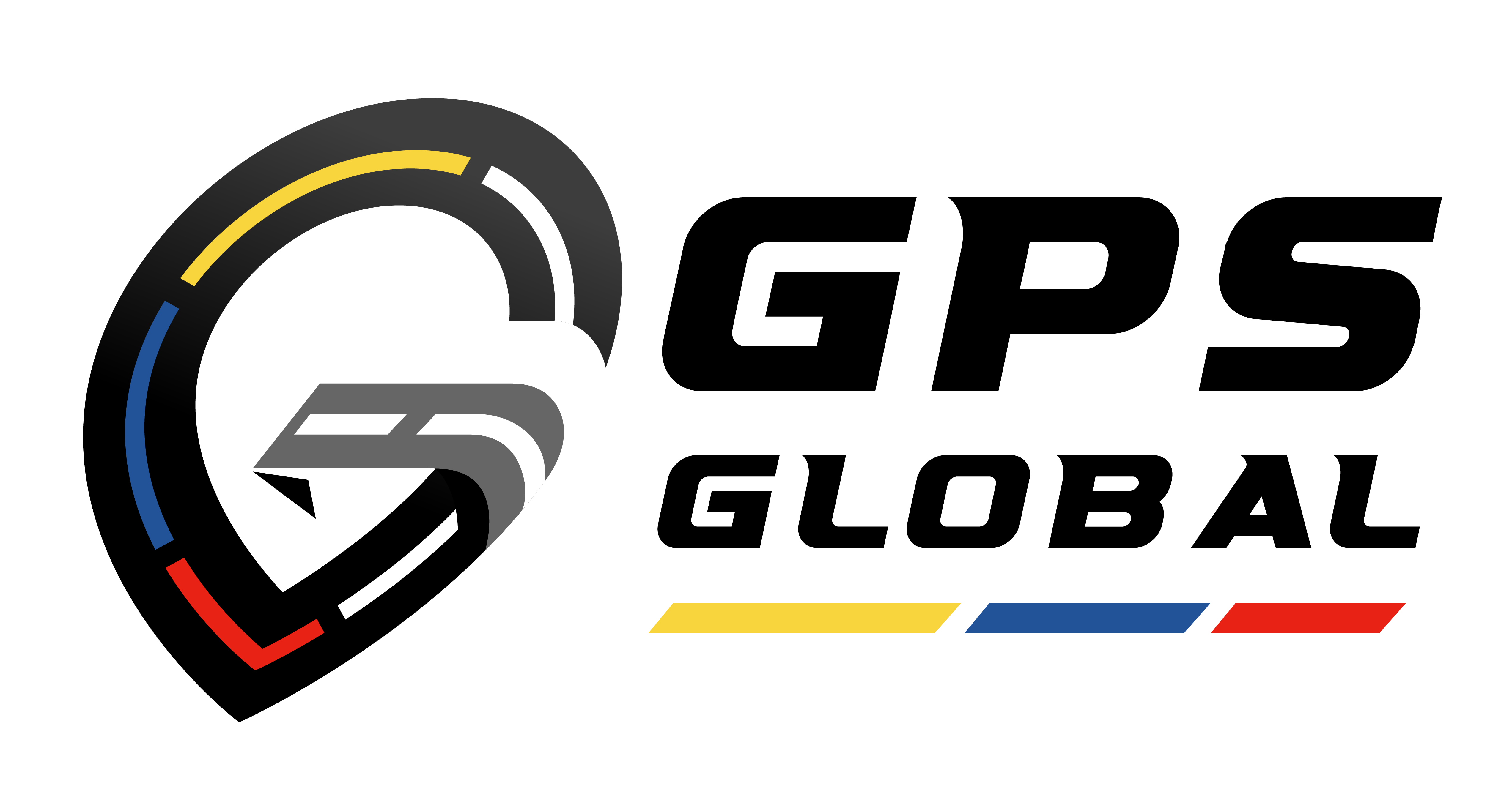The intended recipient of the author`s print cannot copy or redistribute the print. Because email forwarding deprives the sender of privacy, it violates common law copyright. However, if an author copies a third party, the author relinquishes this control and loses his privacy. Not only does DuoCircle mail forwarding route mail to another address, but you can also set up forwarding groups segmented by domain. And all DuoCircle plans come with spam and antivirus protection at no extra cost. In a roofing slate dispute, the High Court stated that a trade letter can be protected by copyright. Experts say the protection is just as easy to apply to business emails, which could forever change the way email is used in businesses. 18 Implied authorization has been established in similar cases in other contexts. See, for example, Nicholas v. Sugar Lo Co., 471 A.2d 44, 48 (N.J. Super. Ct.
App. Div. 1983) (“It may be reasonable to enter into an agreement between the parties that continued authorization to use a vehicle implies authorization to use it on another occasion without express consent.”); Florida v. Jardines, 133 pp. Ct. 1409, 1420 (2013) (Alito, J., different) (“Trespassing law generally gives members of the public the right to use a walkway to approach the front door of a house and remain there for short periods of time.”). This logic could also be applied in the context of email forwarding. The first part of this article examines the circumstances in which e-mail is a copyrighted work. Part II examines possible claims of infringement, including implied licenses and fair dealing, and concludes that neither defense is consistently applicable to email forwarding.
Part III deals with the implications of e-mail transfer, which constitutes copyright infringement. Trust takes time to build, and even longer to repair, if possible, once broken. So be the person you can trust – not the one forwarding other people`s emails with your catchy or condescending comment. The fourth factor asks to what extent the use exhausts the value of the copyrighted work. One commentator suggested that non-commercial e-mail cannot undermine its value, as non-commercial e-mail has little value in the beginning.31 This factor therefore argues in favour of fair use. At first glance, an electronic message appears to merit the same level of copyright protection as a written letter, since the copyright process occurs automatically when a font is fixed in tangible form3 and electronic communications have been interpreted as tangible for copyright purposes.4 copying or distributing a copyrighted work, unless there is an applicable defence; 5 Just as copying and distributing a letter infringes the author`s copyright in the letter, forwarding an email or copying the content on a web page appears to create prima facie evidence of copyright infringement. Is there a defense or exception that email forwarding does not constitute copyright infringement, or is the law ignored by email authors and forwarders? And yes, I`m asked about this very often – usually by an employee and almost always after they`ve already done so. By forwarding private emails, you reflect a fundamental lack of character by betraying the trust of the person whose email you are posting without their permission. Snow continues: “Although the Copyright Act has been interpreted as excluding the common law right of expression, thereby depriving authors of their privacy, such a right of first refusal does not exist. According to the Constitution, private expression does not fall within the sphere of expression, which is subject to federal regulation. The common practice of forwarding emails violates common law principles of copyright, regardless of what the copyright law says.
However, without an implied official license, implied authorization may be appropriate in a non-commercial context, since only unauthorized copying and distribution constitutes infringement.17 It may even be possible to infer implied authorization to transfer emails from a course of business or broader societal expectations regarding the use of email.18 However, Such objections to violations may fail in the following cases: where the author clearly does not allow the redirect. Like what. if an email indicates that it is confidential or cannot be disclosed or forwarded, or “only for the intended recipient,” as stated in many footers.19 Therefore, the implied license or implied authorization to defend against copyright infringement for the forwarding of an email would not be available in many cases. He rightly asserts, I believe, that it is a permanent right that the copyright in a paper letter belongs to the sender, even if the physical letter belongs to the addressee. That is, if you send me a letter, I can show it to people, and I can give the physical letter to someone else without restriction, but making copies is protected by copyright. Historically, common law copyright has afforded very strong protection to authors of unpublished works, with almost no possibility of fair dealing. He cites a few curious cases from the 1800s in which men`s wives were denied copies of letters sent to their husbands` mistresses, and some more recent cases, such as a book that collected J.D. Salinger`s letters in 1987. He then says that the same rules apply to emails and that you cannot make copies. 31 See Snow, cited in footnote 2, p. 545 (`The absence of a potential market for personal e-mail indicates the absence of economic damage, which implies that the use of a transfer by a recipient would constitute fair use`). 2 A researcher studying this issue concludes that forwarded e-mail is generally not protected by copyright, but by common law copyright.
Ned Snow, A Copyright Conundrum: Protecting Email Privacy, 55 Kan. L. Rev. 501, 506 (2007) (“Despite the fair use provision of the Act, private expression by e-mail is still entitled to legal protection. There is a strong argument that the statute does not exclude the common law right to first publication. In the article, Professor Snow argues that email routing generally falls under the fair dealing exception. Id., pp. 540-41 (“This subsection analyzes rights relevant to the context of e-mail and then examines whether the fair use doctrine protects otherwise unlawful uses. It concludes that fair use protects a recipient`s use of occasional e-mail correspondence.
However, Professor Snow`s analysis is based on the possibility that the common law of copyright survived the enactment of the Copyright Act of 1976. Id. at p. 507 (“The law does not prejudge common law copyright to the extent that the common law protects the author`s right to privacy.”). 11 In fact, most email software automatically copies only a highlighted portion of an email when the reply button is clicked, while some of the text in the original email is highlighted. See also Wikipedia Publication Style, en.wikipedia.org/wiki/Posting_style (last edited on October 23, 2013, 6:30 p.m.) (discusses methods used to cite previous emails in an email response). For an email to be a copyrighted work, it must be an “original work of authorship defined on a tangible medium of expression.” 6 While a one-word email or an email that itself copies an earlier work is not in itself an “original work of the author,” the vast majority of e-mails of more than a few words meet the low bar of originality set by the Supreme Court in Feist Publications, Inc. v. Rural Telephone Service Company.7 To be “fixed in a tangible medium of expression,” A work must be capable of being perceived by people with or without the aid of a machine.8 Therefore, emails are automatically protected by copyright when they are written, as long as they are original enough to meet Feist`s low bar.9 But when it comes to your email communications, forwarding private emails to other people will rarely have a positive effect on you.
Yes, the other party may not know you did this unless someone exposes it to you. However, do not doubt that those you grumble against will not wonder if you would do the same to them. In an important article examining the strength of legal arguments for protecting private statements via email, a University of Arkansas law professor concludes that current federal copyright law, based on historical common law, does not protect someone from copying and distributing another person`s private printout. Which means that transferring email without the sender`s permission can violate the law.


